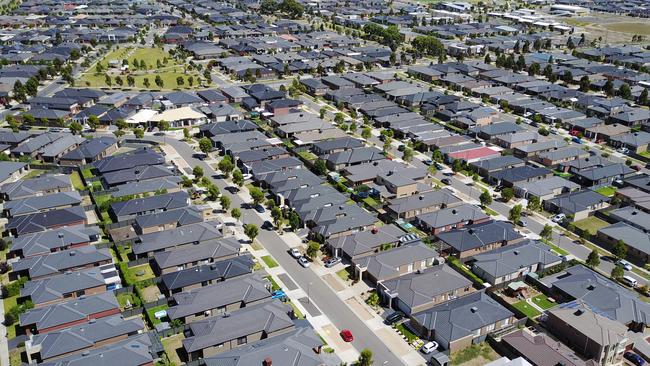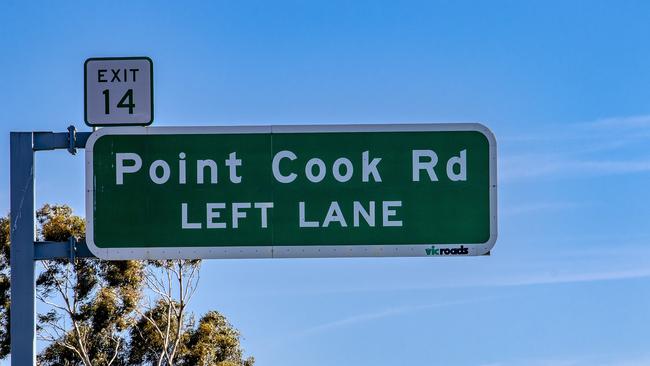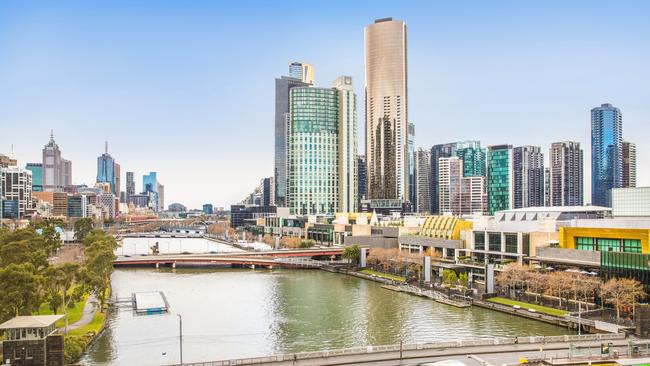Why foreign property investment has fallen
Melbourne remains the No. 1 target for offshore property buyers in Australia, but actual investment has plummeted.

Melbourne remains the No. 1 target for foreign property buyers in Australia, but actual investment has plummeted.
Experts say new taxes, credit restrictions and the market downturn in Victoria’s capital are largely behind the decline in offshore investment, while tougher Foreign Investment Review Board regulations had a lesser impact.
The decline was reflected in FIRB’s latest annual report, which showed overseas buyers were given approval to spend $11 billion on residential real estate in Victoria in 2016-17 — down from a whopping $28 billion the year prior.
RELATED: FIRB annual report shows big cut to foreign investment in Aussie homes
Chinese investment in Australian homes down, but Victoria still No. 1 state
Foreign buyers should be let in to fix sagging Melbourne market, experts say
Realestate.com.au chief economist Nerida Conisbee said while foreign activity had dropped off, interest in Melbourne property remained strong.
“The fact they’ve stopped investing isn’t because they’re not interested. They’re struggling to get finance,” she said.
“They’re also concerned about the direction of the market. A lot are sitting on their hands.”
Extra taxes — notably the Victorian Government hiking the foreign buyer stamp duty surcharge from 3 per cent to 7 per cent in 2016 — had also “been off-putting”, Ms Conisbee said.

But Melbourne remained the Australian capital of choice for offshore investors, notably those from China, India, Hong Kong and Malaysia.
She said suburbs with universities, namely Carlton and Clayton, were particularly desirable for education-focused Asians.
Also in demand were areas offering house and land packages like Point Cook, as foreigners who hadn’t obtained permanent residency in Australia were generally limited to buying new dwellings.
MICM Point Cook senior sales consultant Luke Lin said the southwestern suburb’s affordable prices, desirable schools and multicultural community were drawcards for offshore buyers, largely those from China and India.

International property website Juwai.com named the CBD, Point Cook, Doncaster, Southbank and Toorak as our most sought suburbs by Chinese purchasers — our most prolific foreign buyers.
Chief executive Carrie Law said banks curbing lending to foreigners, Australian states’ new stamp duties and Chinese capital controls were having substantially more impact on offshore buying down under than the beefed up FIRB regulations introduced a few years ago.
“Chinese buying in Australia actually hit a new record after the stronger enforcement measures were put in place,” she said.
She said purchasers from China had sunk about $9.8 billion into the state’s residential and commercial property markets last year.
This made up 41 per cent of their total spending in Australia, but the figure had fallen from 2016.

Ms Law said an Australian Treasury paper had found foreigners only had a minor impact on Melbourne property price increases.
But Chinese buying had played a significant role in the city’s development boom, which had “generated tens of thousands of new homes” in recent years, by giving developers the pre-sales they needed to start building.
Originally published as Why foreign property investment has fallen
